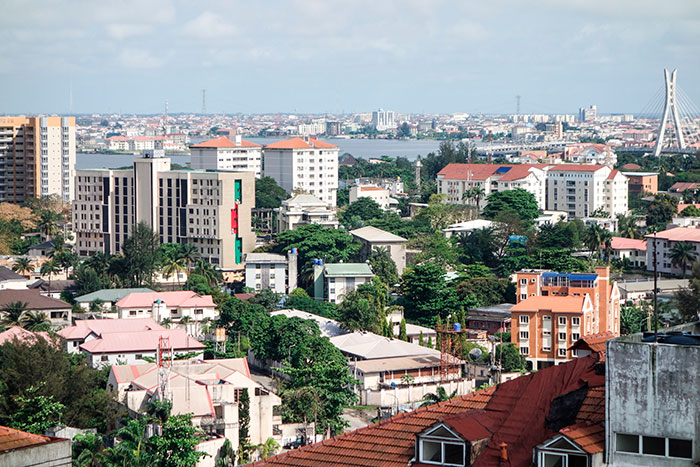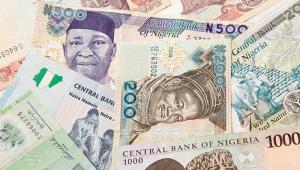lagos-nigeria-shutterstock_229106317.jpg

©Shutterstock
The country’s Consumer Price Index increased by 18.55% year-on-year last month, which was 0.07% higher than the rate in November. In December 2015, the country’s inflation rate was 9.6%.
The index is calculated using a market basket of goods and services. The NBS said that increases were recorded in all categories of products and services.
The Composite Food Index rose by 17.39% year-on-year, up by 0.2% from November, with all major food groups increasing in price.
The highest increase was seen in the housing, water, electricity, gas and other fuels category, which rose by 27.27%. Meanwhile, prices for clothing and footwear rose by 21.62%.
Last week, the International Monetary Fund published a new paper in which it found that large exchange rate deprecations had been a “key contributor” to inflation in Nigeria.
In Macroeconomic developments and prospects in low income developing countries 2016, the fund showed that the naira fell against the US dollar by over 40% between June 2014 and September 2016.
The report added that the Nigerian government had poorly managed certain policy adjustments aimed at addressing low commodity prices, saying that “foreign exchange rationing adversely affected debt service capacity of many corporates”.
Moreover, “efforts to support the naira through foreign exchange rationing have gradually crumbled”.
Boko Haram-led attacks in the north and disruptions to oil production in the Niger Delta region were also holding back economic development, the report noted
“Aside from direct damage and increased security outlays, conflict situations undermine business confidence, investment, and tourism,” the report stated.







